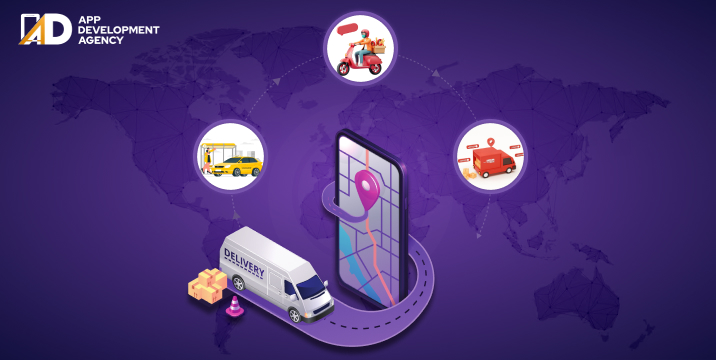Business owners must possess an ability to understand where their customers are and how effectively should they engage with them. Any business looks for three primary things in a mobile app: How do they increase their sales, how should they increase efficiency and how should they build a loyal customer base? Entrepreneurs are a special breed that works for hours that regular people would balk at, investing all of their resources into their vision, their dream and always looking for ways to improve. Small business owners are normally into all of these practices. Businesses can do a variety of things via mobile applications – access information, play games, do banking, monitor their homes, communicate and interact with local businesses.
Enterprise apps face the enterprise and are concerned around the field workers, as opposed to externally facing apps (like rental apps). Enterprise apps increase worker productivity, leverage big data, and help optimize business process efficiency.
Enterprises get to build mobile apps for these primary reasons:
Enterprise mobility is a must-have for any competitive business these days. The reason is due to the huge possibility of future gains in worker productivity. Mobility results in (1) increased throughput or increased sales (2) requirement of less stock or inventory, and (iii) fewer operational expenses. Moreover, these efficiencies are realized by pairing mobile apps with data analytics.
Biggest app development companies have started making use of smart devices giving real-time insights about the processes to workers. This often gives them the ability to feed first-hand data from the ground back to the enterprise in a recursive cycle that results in data being analyzed instantaneously and then re-fed in the form of business intelligence to those workers’ devices.
Applications to be used in Enterprises are big. They are not gaming apps like Angry Birds, Pokemon Go or Candy Crush. Besides these, there are some non-enterprise applications of medium complexity and size that have gradually graduated into some form of enterprise usage (such as Twitter, Skype, and Facebook), which are now being used for commercial purposes.
A lot of unstructured data is generated. And it has not been analyzed yet. Deep learning can effectually change this scenario. Analysis of big data is not easy and it is simultaneously not easy to gain market share at a lower cost. It seems as difficult before actual implementation, but there are quite a few firms into predictive analytics that lure enterprise attention.
Big data is about business and not just about the extensive/unstructured data. Analytics-based and data-infused business intelligence informs enterprises of marketing opportunities or inefficiencies that can be addressed.
Complex enterprise-grade solutions are developed due to increasing requirements. But the factors that affect the development strategy:
The solution has to be built specifically around verticals. The developer has to have a deep understanding of the client’s requirements. The expectations from an Enterprise Application vary according to the need and size of the business. It navigates from the smooth integration of constituent systems to adaptability to changing business and technology environments. Enterprise Applications save numerous hours from getting wasted on untangling malfunctioned cross-links between various sub-systems. It is always advised to check the efficiency of the Enterprise Application in achieving the main goal.

For every average and middle-class individual, their owned cars are a major expense to them. The expense does not only mean purchasing an expensive vehicle, but it is also about the recurring expenses after making the car purchase; such as repair, maintenance, fuel cost, monthly car payment, car insurance, etc. What if we tell you …
Continue reading “Best Driving Apps to Make Money in 2024”
Read More
Story Time: It’s the last of the month… and you have a low balance in your bank account. You need money to pay off an EMI, but salary payday is still two days ahead. Sounds like skating on thin ice… Right? That’s where cash advance apps like Possible Finance come into the picture. ‘Cash Advance …
Continue reading “21 Top Apps like Possible Finance to Get Instant Money in 2024”
Read More
Is the ridesharing industry saturated now? No doubt there are already a lot of best ridesharing apps globally. However, as per Statista, the leading research site, the ridesharing market is expected to grow at 22.13% annually and reach $226 billion dollars by 2028. The numbers are crazy, and to further prove our point – Arro, …
Continue reading “14 Best RideShare Apps in 2024”
Read More